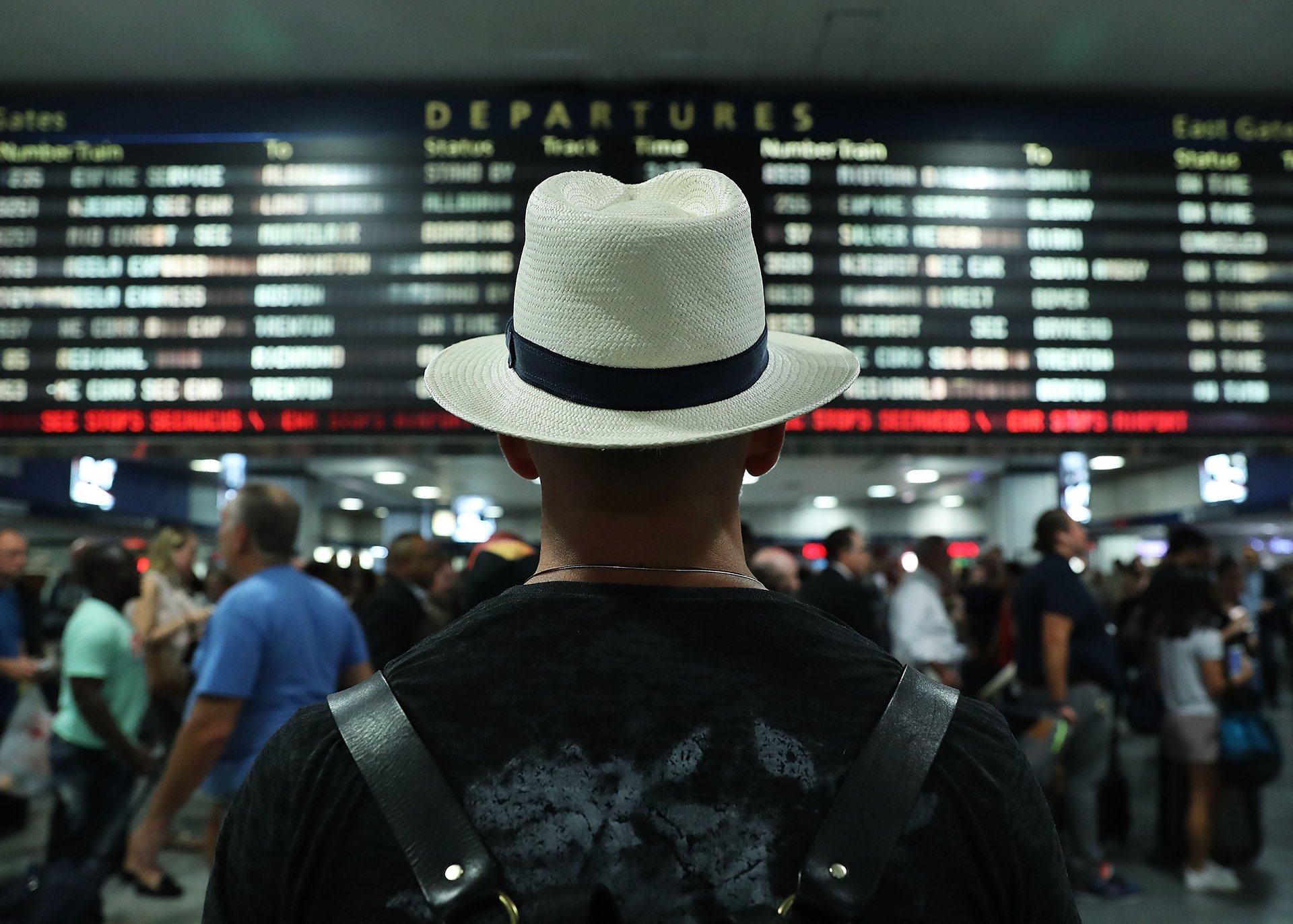The FTC wants to ban ‘gotcha’ fees on hotels, concerts, and flights
US consumers spend an estimated $29 billion annually on surprise charges

The US Federal Trade Commission (FTC) announced that it wants to crack down on the “junk fees” that businesses spring on customers after enticing them initially with low sticker prices.
“It’s beyond frustrating to end up spending more than you budgeted because of random, arbitrary fees,” FTC Chair Lina Khan wrote in a press release on Oct. 20. “No one has ever felt that a ‘convenience fee’ was convenient. Companies should compete to provide the best quality at the best price, not to see who can squeeze the most added expenses out of consumers. That’s especially true at a time when families are struggling with the effects of inflation.”
While these so-called “gotcha” fees exist throughout the economy, they’re often found in the travel, hospitality, and entertainment sectors. One way of hiding this is called “drip pricing” whereby customers are shown base prices on a flight or hotel and as they move through the purchasing path are hit with additional fees later on—such as concert ticket service fees or hotel resort fees.
The FTC believes these fees are innately “unfair or deceptive” and has committed to making new rules for businesses to stay in compliance.
US consumers spend $29 billion annually on junk fees
The Commission’s rulemaking notice comes just days after the Biden administration “called on all agencies to reduce or eliminate hidden fees, charges, and add-ons for everything from banking services to cable and internet bills to airline and concert tickets.”
“In the interests of customization, firms should be free to charge more to add mushrooms to your pizza or to upgrade you to a hotel room with an ocean view,” White House officials wrote in a blog post. “However, in recent years we’ve seen a proliferation of ‘junk fees’ [...] defined as fees designed either to confuse or deceive consumers or to take advantage of lock-in or other forms of situational market power.”
The FTC will enter a 60-day public comment period before deciding whether to create a new rule for businesses to follow. The end result may force firms to list all formerly hidden fees upfront.
The FTC isn’t alone in trying to stamp out deceptive fees. Last week, the Consumer Finance Protection Bureau (CFPB) took aim at banks’ surprise overdraft fees and depositor fees. The CFPB previously studied the issue of junk fees broadly—not just in banking—and found that US consumers spend more than $29 billion annually on them.